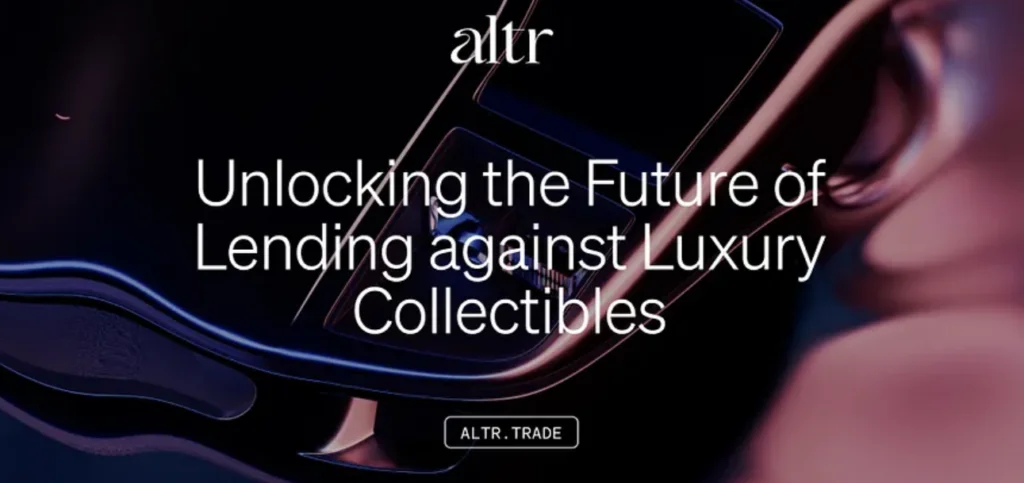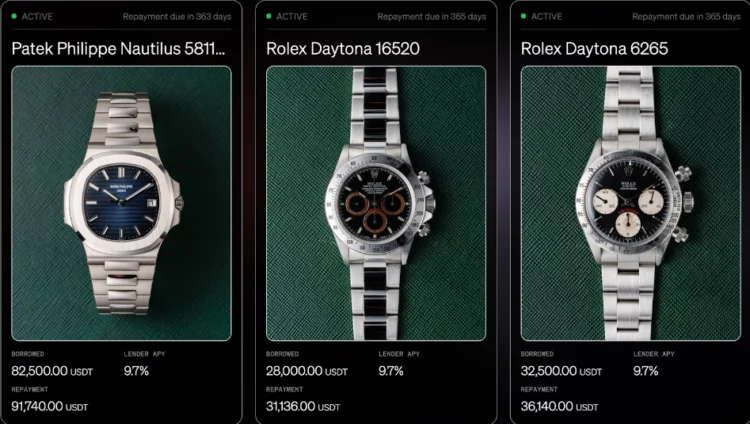Altr, a Polygon-based lending platform, will employ blockchain technology to address the liquidity challenges encountered by the owner of luxury collectibles when they attempt to convert their assets into cash.

Davide Rovelli, an advisor to asset-backed lending platform Altr, said luxury item collectors encounter several obstacles when converting their assets to cash.
Because dealers should profit from the objects’ resale, collectors may receive reduced offers when selling to dealers. Opting for the auction method may result in higher prices; however, it necessitates extensive preparation and the payment of third-party fees.

As per the executive’s conviction, blockchain technology has the potential to alleviate these burdens for collectors. Rovelli posits that by using digitized assets as collateral for on-chain loans, collectors can expeditiously acquire digital certificates of ownership for their collectibles. Rovelli elaborated:
“The blockchain gives the opportunity to access on-chain liquidity that has never played a role in the traditional market of collectibles. By bringing this world on-chain, crypto holders, crypto funds and VCs [venture capitalists] can be exposed to the luxury collectibles space.”
Real-world asset (RWA) tokenization has become an increasingly popular topic of conversation in cryptocurrency. In response to a question regarding tokenization’s significance, Rovelli stated it is “additional transparency in an industry where transparency has never been a strength.”
This, he continued, enables users to load assets onto the blockchain after their certification, valuation, and storage. Blockchain technology allows users to secure loans with digital tokens representing the assets as collateral, facilitating nearly instantaneous liquidity and enhanced security.
According to Rovelli, this strategy liberates the economic worth of luxury goods and signifies a transformation in the utilization of luxury assets in the era of digitalization.
Furthermore, Web3, according to Rovelli, is well-suited to the requirements of the luxury sector due to its emphasis on security and transparency. Web3 provides methods to “verify the authenticity of luxury goods” and trace their provenance. Rovelli asserts that a Web3-based system could render counterfeit luxury products “virtually impossible.”
